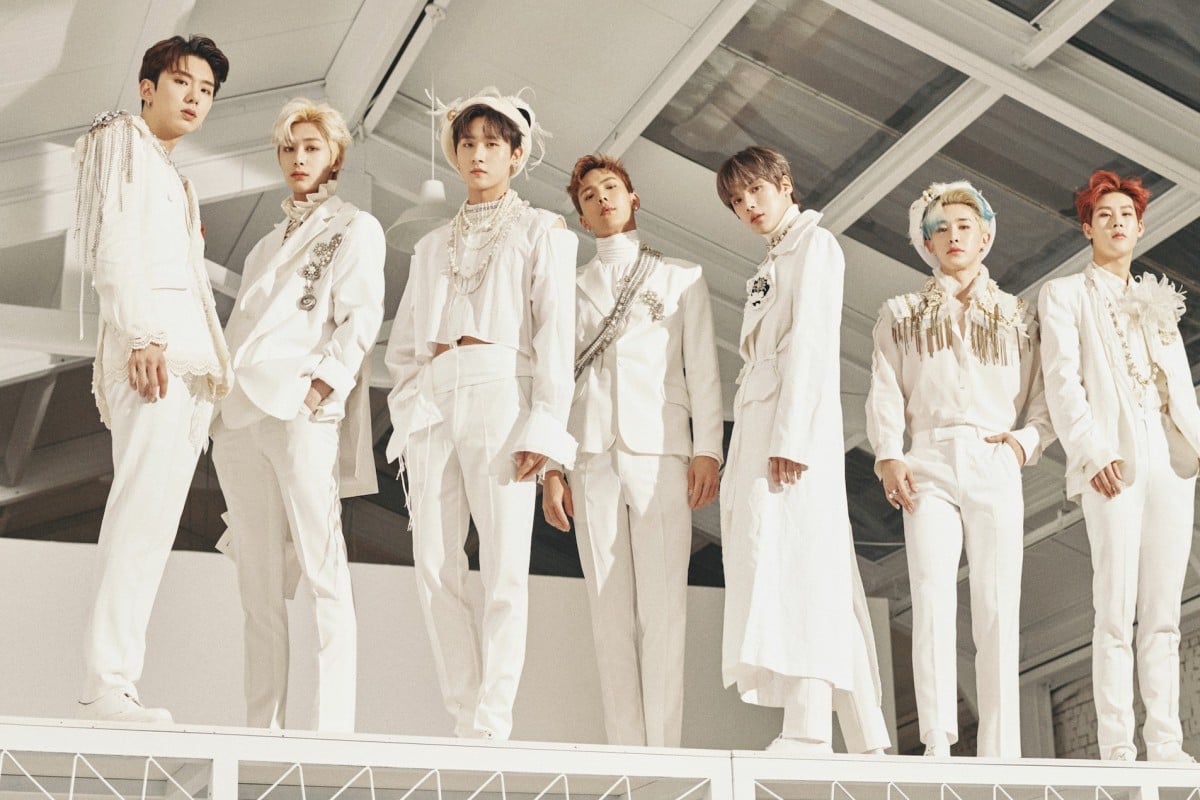
Monsta X.
In July 2017, K-pop boy band Monsta X played their first shows in the US: two nights at the 2,400-capacity The Novo in downtown Los Angeles. The concerts were hotly tipped among the genre’s superfans, who loved the brash aesthetic of singles such as Rush. But they were only just beginning to break through to American audiences.
What a difference two years makes. In August, the group will return to LA to headline the massive Staples Centre, an indication of their ascent into K-pop’s A-list. And this time, they have a US major record label and the most powerful music management consortium in the country behind them.
In May, the seven-member group – who perform performs in Korean, Japanese and English – announced they’d signed with Sony Music subsidiary Epic Records, putting them alongside US rap and pop stars including DJ Khaled and Travis Scott.
“We have always agreed on a vision for Monsta X that certainly includes, but extends beyond their core K-pop audience,” said Ezekiel Lewis, vice-president of A&R at Epic Records. “We see them as a potentially enormous boy band that happens to be from Korea as opposed to viewing through the more narrow lens of K-pop.”
Monsta X isn’t alone in this regard. Several of K-pop’s top acts have recently signed high-profile deals with major US labels, including Interscope’s Blackpink, Capitol’s NCT127 and Republic’s Tomorrow X Together. RCA has signed Ateez. Columbia has a deal with BTS, the group that took K-pop into the stratosphere in America.
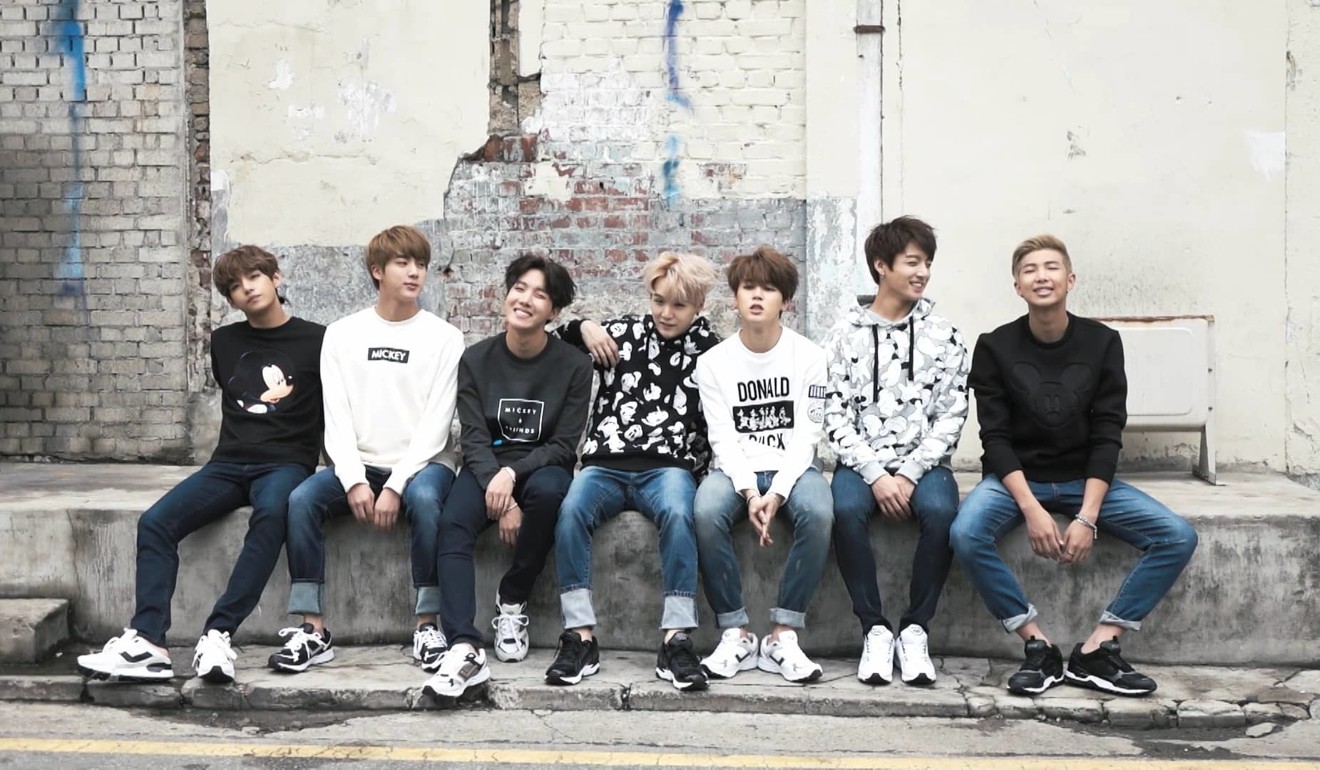
BTS have a deal with Columbia.Share:
In the US, K-pop has grown from an underground digital fandom to Saturday Night Live and the Grammys. Festivals such as KCON attract hundreds of thousands of fans. After BTS’ three Billboard 200-topping albums and sold-out Rose Bowl dates, K-pop now compares with Beyoncè and Taylor Swift as a live draw.
As was the case with disco, teen-pop and EDM, the major US record companies are now scrambling to invest in K-pop, another fast-paced, diverse and youth skewing genre that’s taken off globally. There are risks, though. K-pop is still primarily sung in Korean. There’s already a distinct, hierarchic label system and fan driven culture that created these groups. The hot acts change quickly and the fan base is young and fickle. If K-pop’s trends shift, or the genre falls from favour, labels heavily invested in stalled-out acts could be left holding the bag.
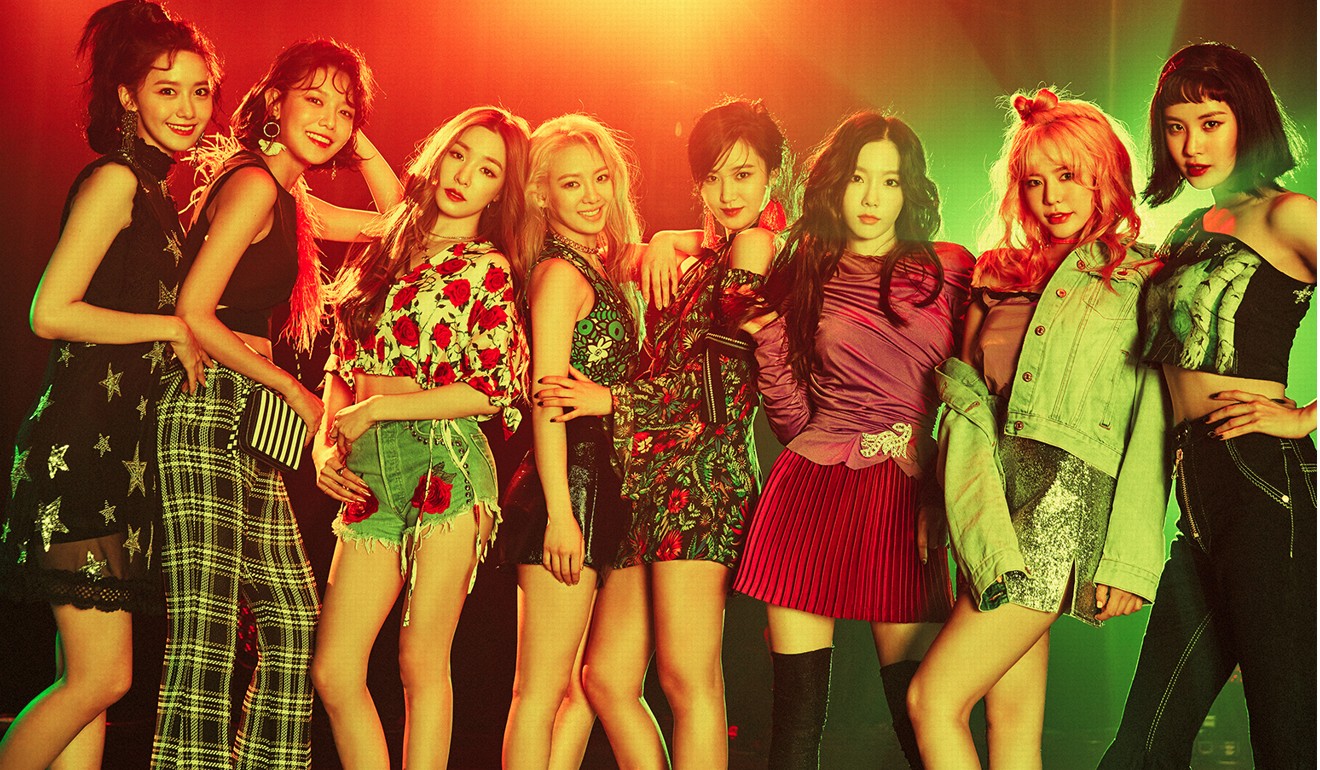
Despite its massive appeal online and in arenas, there are substantial challenges in taking K-pop up the US charts. But the lure of sold-out stadiums is finally too much for major labels to ignore.
Nearly a decade ago, K-pop act Girls Generation signed to Interscope and 2NE1 released music with Capitol. They laid the groundwork for the genre’s latest wave, but perhaps peaked early.
After BTS, however, the scope of what was possible for K-pop in America changed – and Monsta X are one of the top groups hoping to match that success.
The band – Wonho, I.M, Kihyun, Minhyuk, Jooheon, Shownu and Hyungwon – formed in 2015 through a South Korean reality show. They stood out for a more aggressive style that mixed modern trap, R&B and dance music with dark electronic tinges. Singles such as Hero became genre staples.
They branched out to collaborate with EDM superstar Steve Aoki on Play It Cool. Their first single for Epic, Who Do You Love, is a moody collaboration with rapper and label mate French Montana. The song aims straight at top 40 radio, with crossover appeal to hip-hop and R&B fans: key demographics for a label growing K-pop beyond the already devoted.
“We love to push boundaries,” Monsta X said. “That’s how we are building our sound and keep changing over the years.
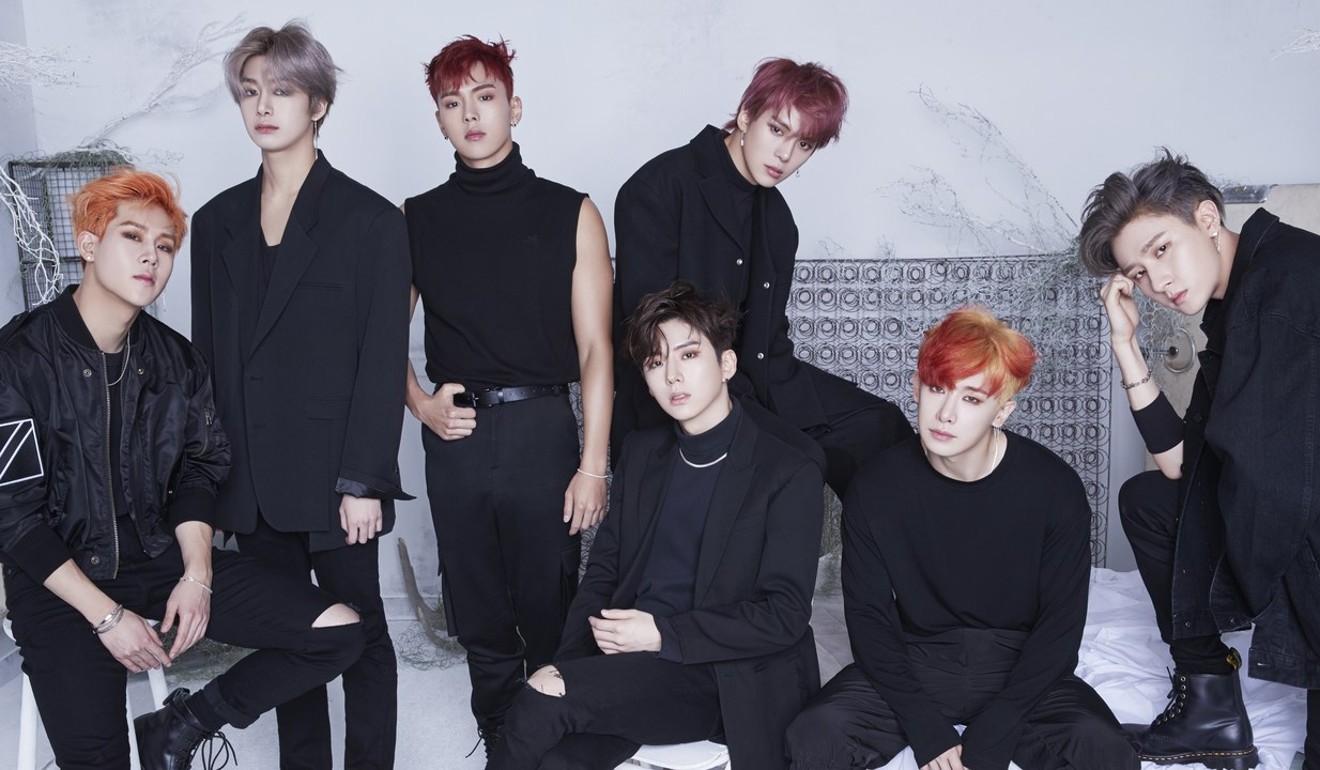
The band’s US manager, Eshy Gazit, was one of the architects of BTS’ US success, which changed the whole scope of K-pop in the US. “Shifting the conversation about K-pop was a very challenging task,” Gazit said. “When I started to work with BTS in 2016, people in the industry and media were very hesitant to do anything with the band and most often ignored my emails and calls. Many people in the US viewed K-pop at the time as an artificial product and looked down on it. [But] I saw the huge potential in the amazing fan base.”
Now Monsta X are one of several K-pop acts that could indeed get much more popular in the US. Blackpink’s set at this year’s Coachella Valley Music & Arts Festival was one of the most anticipated (and talked-about) sets of the weekend. YouTube Music live-streamed their set on the side of a tower in Times Square.
But it’s not a matter of simply jumping on the K-pop bandwagon. The South Korean music industry that built K-pop is an established, distinct system with different structures and expectations.
“It wasn’t like ‘Who is the next one?’ In any partnership there’s got to be trust and that’s not a fast process,” said Jacqueline Saturn, the president of Capitol’s Caroline/Harvest Records, who signed NCT127 to a deal in partnership with Seoul’s SM Entertainment. “You’ve got to spend time to understand the organisation and know that they do know best. It’s not ‘Let us tell you what to do,’ it’s ‘How do we partner to do something game-changing that will last a long time?’ ”
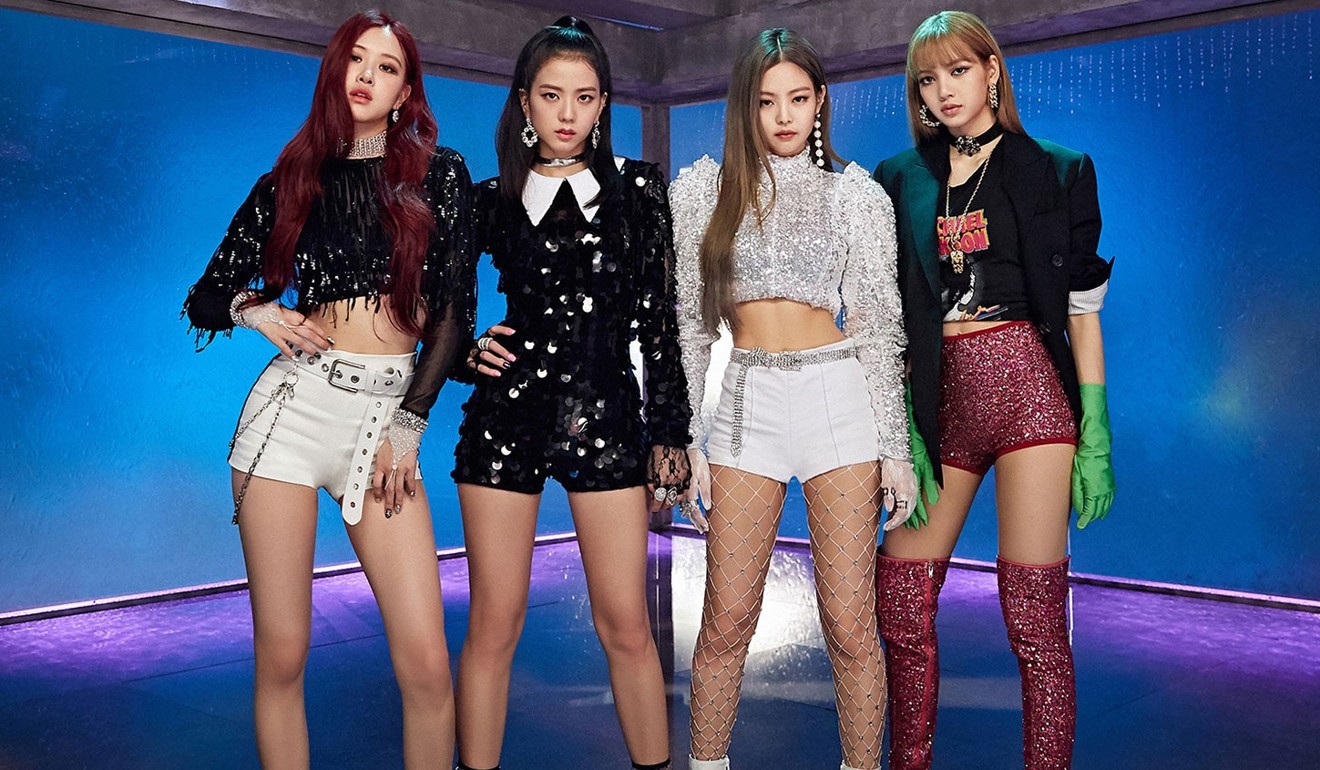
Still, the cache of K-pop is worth the effort, said Dr Jung-Bong Choi, a professor at Baptist University who studies the globalisation of South Korean pop culture. K-pop is uniquely suited to today’s social media culture, where fan enthusiasm creates a community identity that goes far beyond music.
“K-pop subverts the top-down celebrity model of the US,” he said. “The artists treat you like some broad-based family: fan club parties, dance contests, meeting with the idols, and so on.”
K-pop’s malleability can appeal to many different cultures at once. “Lots of ethnic minorities who feel alienated from the European mainstream cultures tend to gravitate toward K-pop,” Choi said.
Labels are counting on K-pop acts scoring more Billboard Hot 100 hits. More collaborations such as BTS’ Boy With Luv featuring Halsey (which hit No 8 on the Hot 100, a chart that measures streams, video consumption and radio airplay) are likely en route.
Given that K-pop has reached ubiquity in South Korea, artists may also be looking elsewhere for growth. (It’s also been a tumultuous year in Seoul, between the wide-reaching Burning Sun scandal and the recent resignation of YG founder Yang Hyun-suk.)
“K-pop at some point ceased to be a ‘national brand’,” Choi said. “Recent signings with US labels can be seen in continuity …[with the] domestic K-pop industry reaching a saturation point.”
For artists, new commercial prospects in the US also mean relentless schedules and career anxieties too. “It is kind of inevitable to face the challenge of growing pressure,” Monsta X said, about leading the genre’s next wave in the US. The “intensive cycle of work is something to be accepted as a K-pop band.”
In the meantime, as Monsta X gears up for its arena tour, the genre’s never been in better shape in America. The culture took off without the help of US major labels or the approval of hipster festivals. But like hip-hop and EDM before it, this may be the year that K-pop becomes a permanent fixture in the US music industry. Even if major labels are still figuring out what exactly to do with it.
“Good music and smart managers and teams will always find a way to break through, K-pop or not,” Gazit said. “But one thing is certain, the limitation of taking K-pop and artists from Asia [or of] Asian descent not seriously is over.”
Source SCMP

 SHARE
SHARE





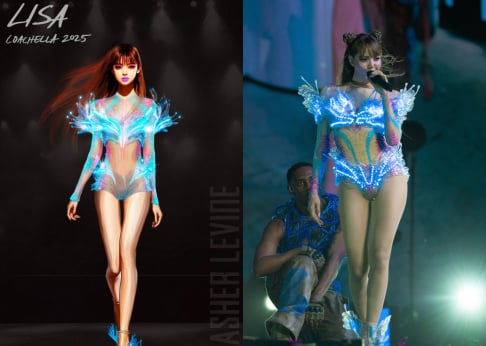
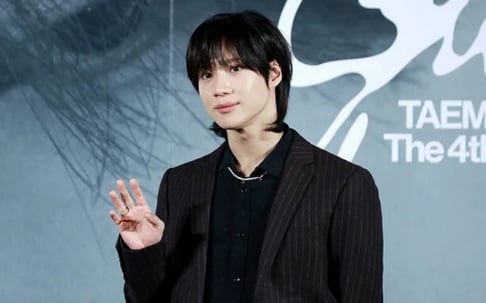















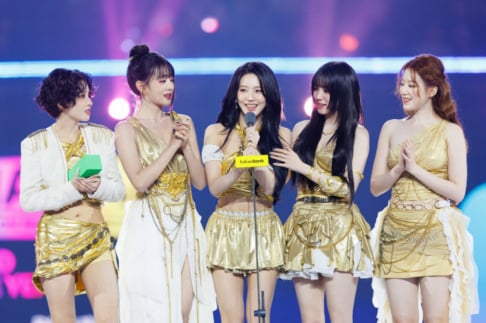






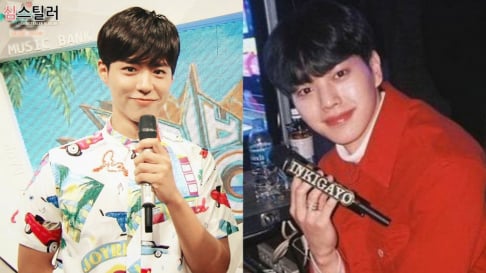




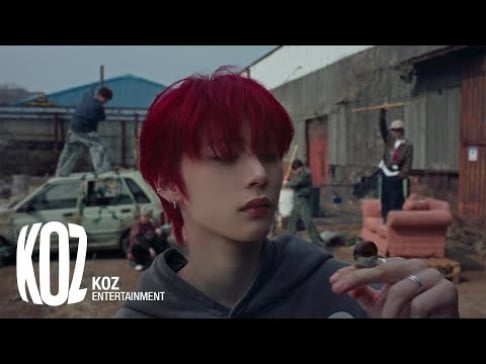



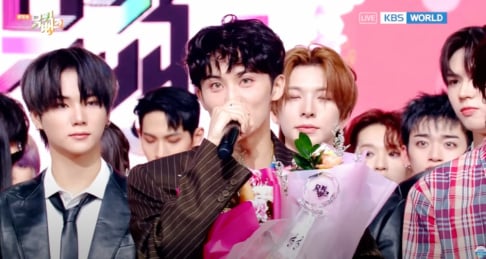






Log in to comment